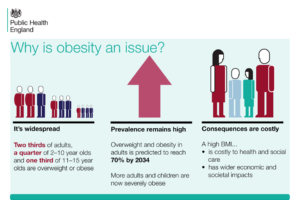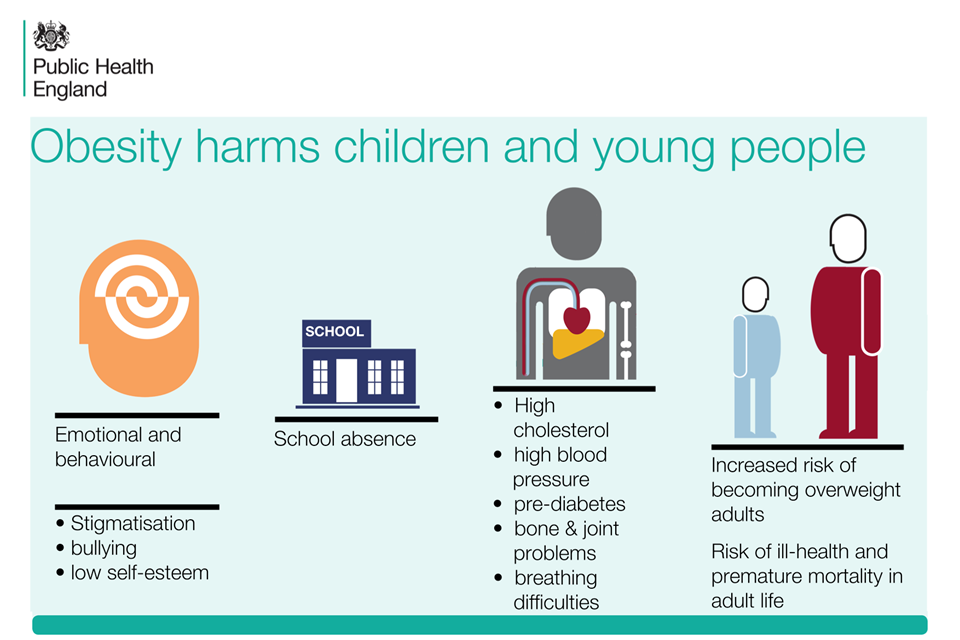
Obesity in young people and children is on the rise - it's widespread, growing and the consequences are costly. The solutions themselves are pretty straight forward (improved diet, exercise etc) so why is it health professionals seem powerless to get their message through, and could social media help?
That's why I attended the workshop yesterday at University of Birmingham yesterday to explore how social media can help encourage healthy habits (e.g. #Thisgirlcan campaign) and where social media reinforces exaggerated body image concerns, obsessive health regimes and generally poor habits for children and young people.
In a fully saturated social media market dominated by individuals and companies with deep pockets, apparently able to buy their way into the hearts and minds of children and young people, how can we tap into the potential and begin those conversations with children and young people?
I think we agreed guidelines have not been effective. We discussed digital literacy and whether young people had the confidence and skills to be audiences, participants and creators/leaders in conversations online. We didn't discuss the digital literacy of adults, although it is clear there is a mis-match of 'literacies'. 'Digital literacy' is not a term that many young people (or non-academic adults) would recognise. It is a 21st Century term of academic origins, related to Marc Prensky's work - the inventor of the terms 'digital natives' and 'digital immigrants'.
Looking back, a particularly mean question I would ask students applying for posts which required using social media would be, 'What do you understand by the term digital literacy? Would you call yourself digitally literate?'. Around half of the interviewees would need to have the term explained more fully. The term just didn't mean anything to them.
Guidelines intended to 'protect' can de-value the views of their intended audience. When the term 'digital literacy' itself isn't used by young people, how can we expect 'Digital literacy guidelines' to have any impact at all? You are forced to ask what the guidelines are for and who they are intended to protect - they may, unintentionally, undo any conversations which may follow.
#ThisGirlCan had a simple message:
It's a celebration of active women who are doing their thing no matter how well they do it
It's promoting healthly habits and inspiring self-confidence - it's primary focus is to share the stories of women 'who can'. I didn't come across any guidelines, or much in the way of detail. The social media it uses focuses on inspiring women - there may be links to further support, information, but the role of the social media is not to provide information. The social media actively encourages people to share stories and conversations, and then to go to where they will find what they want.
Six years ago I wrote a definintion for Co-construction of learning on wikipedia. With so much talk of co-construction during the workshop, I re-visited wikipedia. To my initial delight, there it was, unchanged. Then it dawned on me why it had been unchanged. It had been unvisited, unloved. Even though I was sat in a room full of advocates for 'co-construction', the use of the term is probably pretty unknown outside academic conferences and lecture halls.
For effective 'healthy' use of social media, the only effective means is to start with the Young People themselves, and to work with their 'champions' and in their language. We need to learn from, support and share the stories of 'everyday' healthy young people, who will speak to others in a way we can't, and with newly built confidence, to find their own way to the health habits they want. They don't need more information, just the confidence (and occasionally a little support) to say what they want to adults and their peers. And social media is pretty good at that sort of thing.
Useful links:
